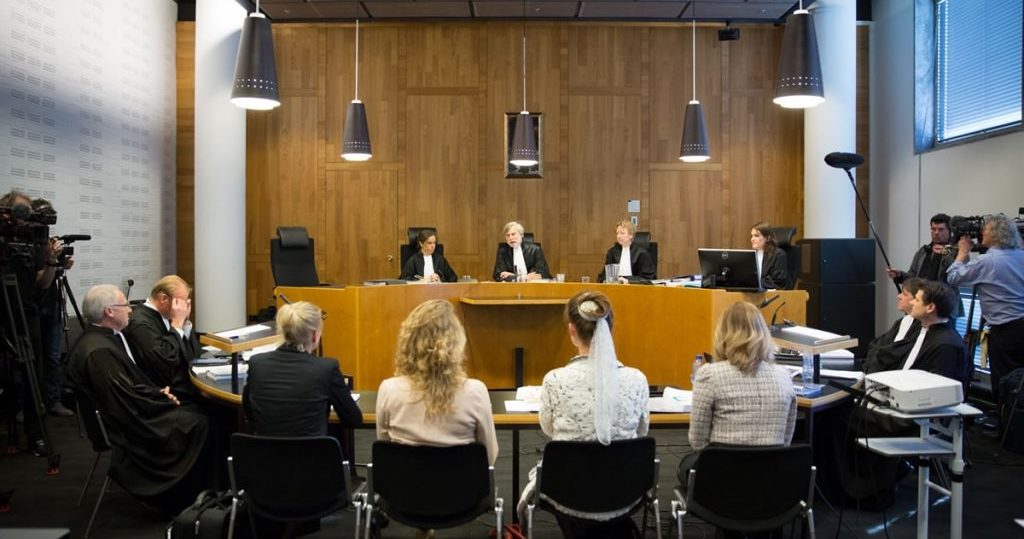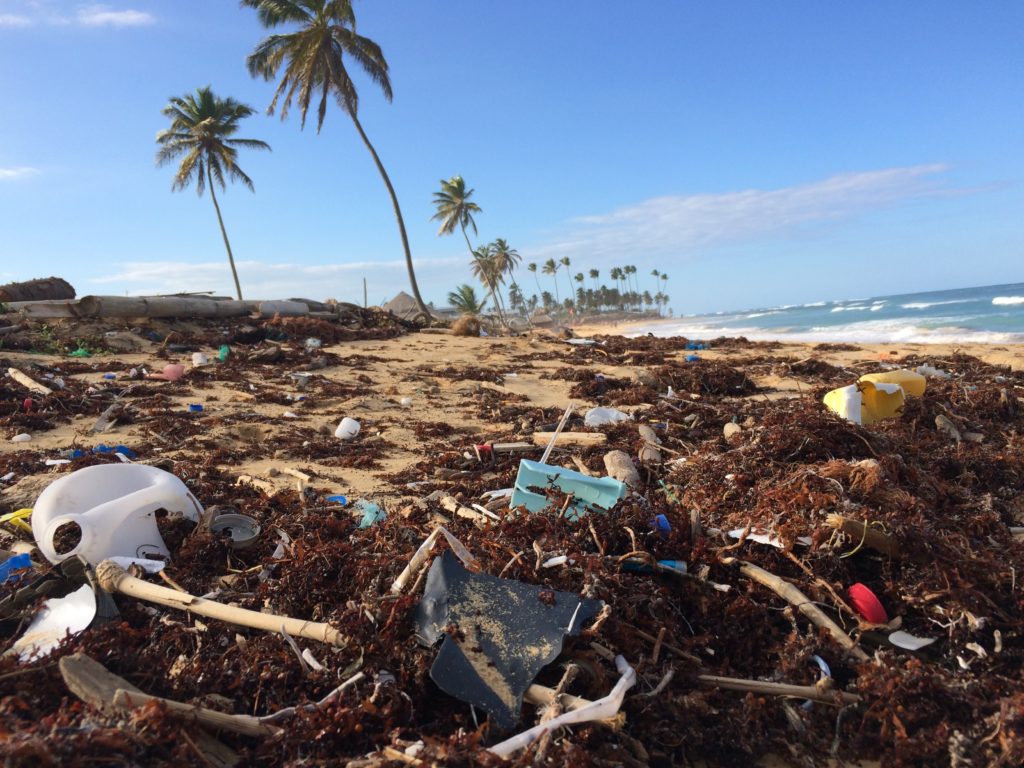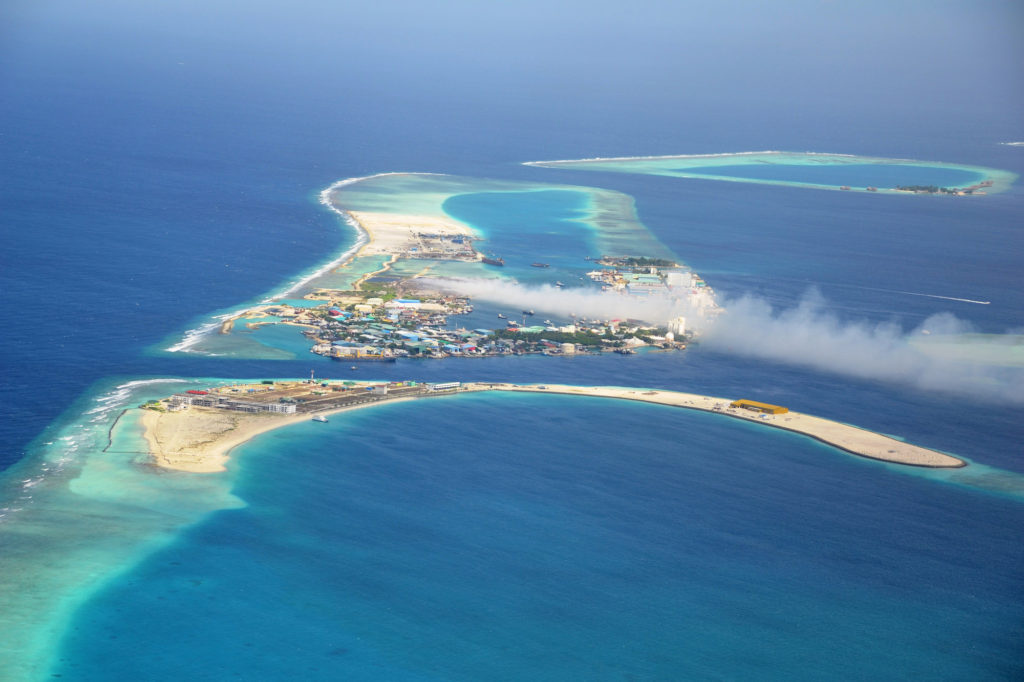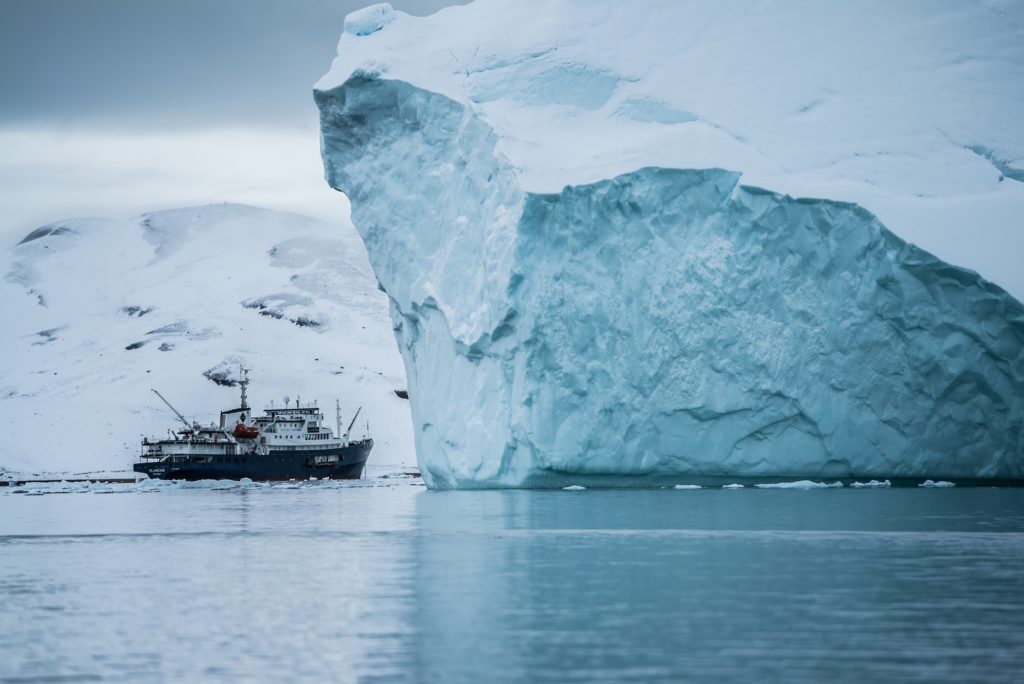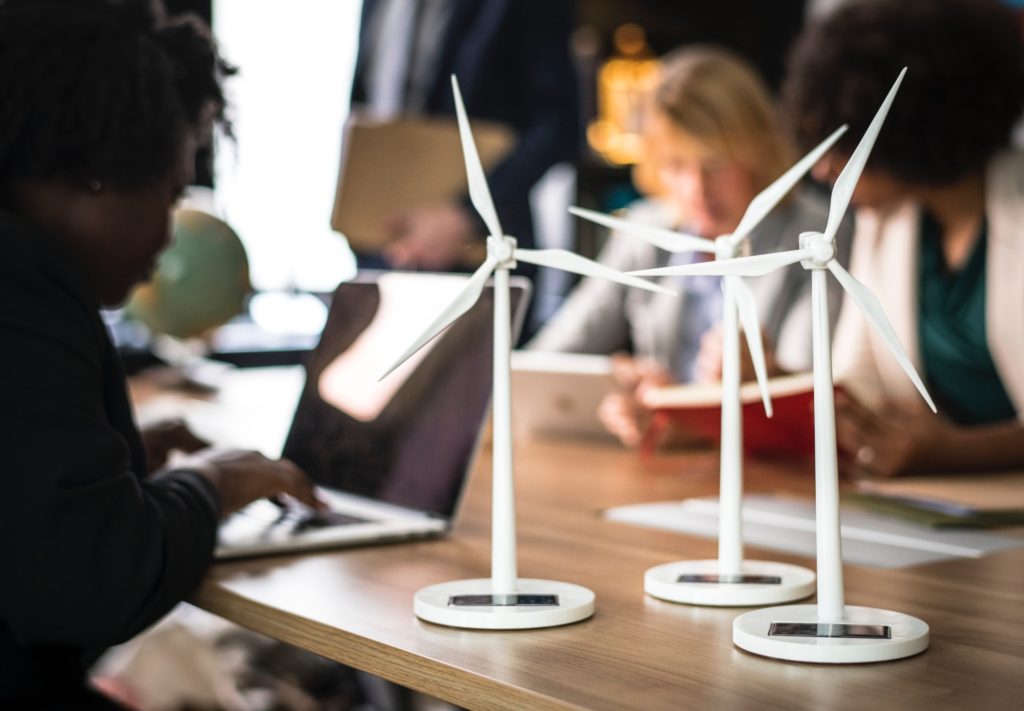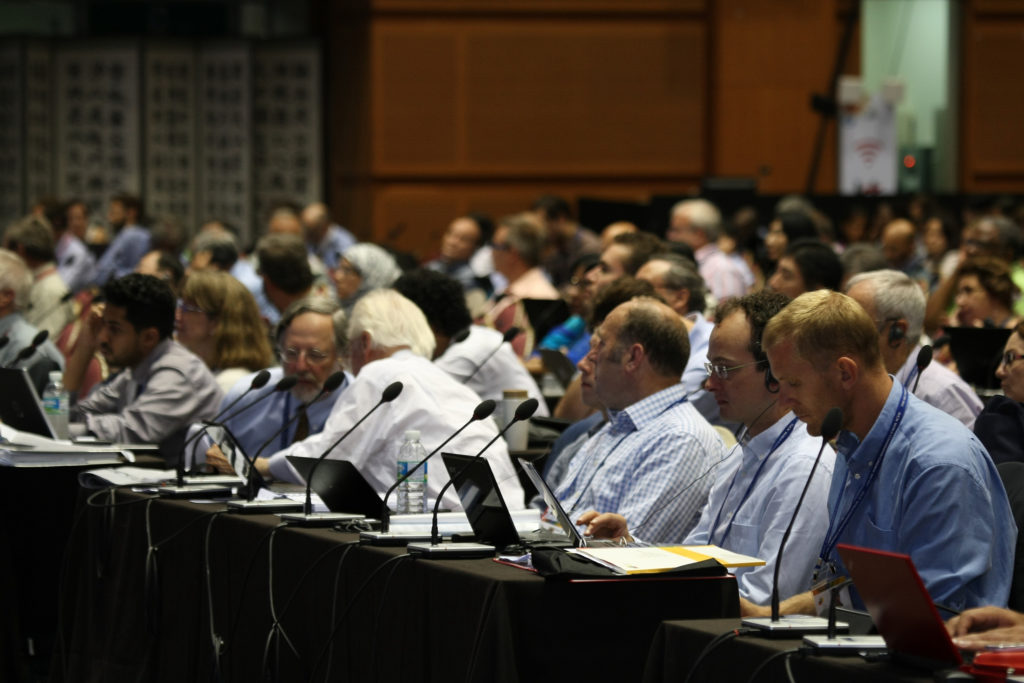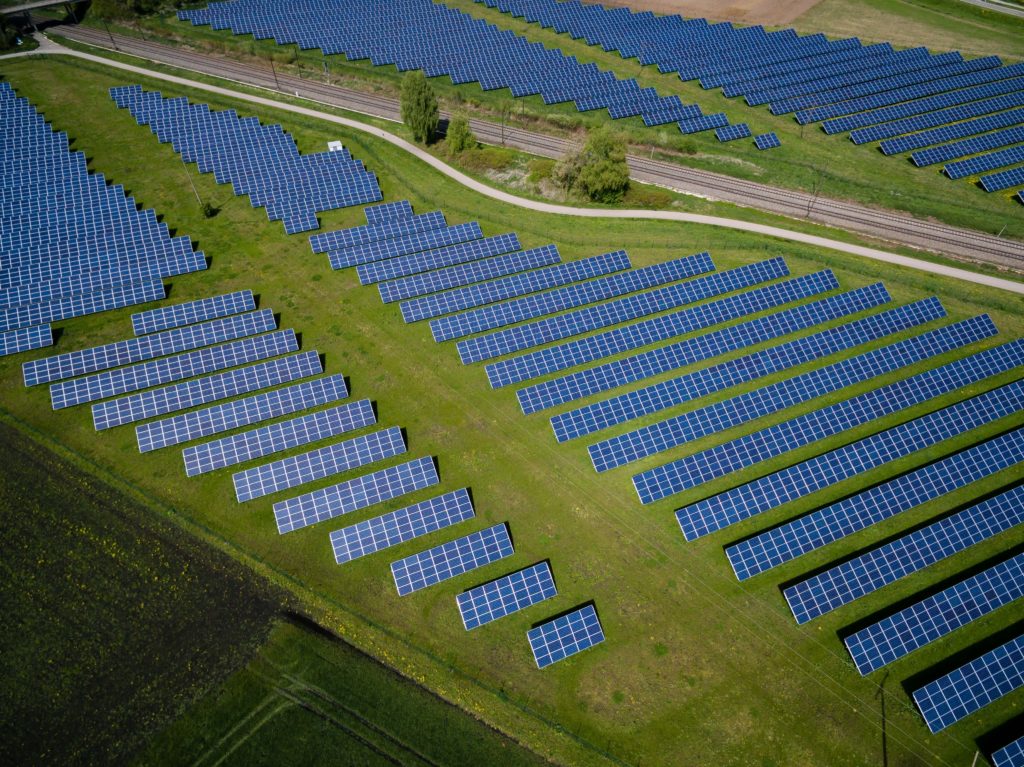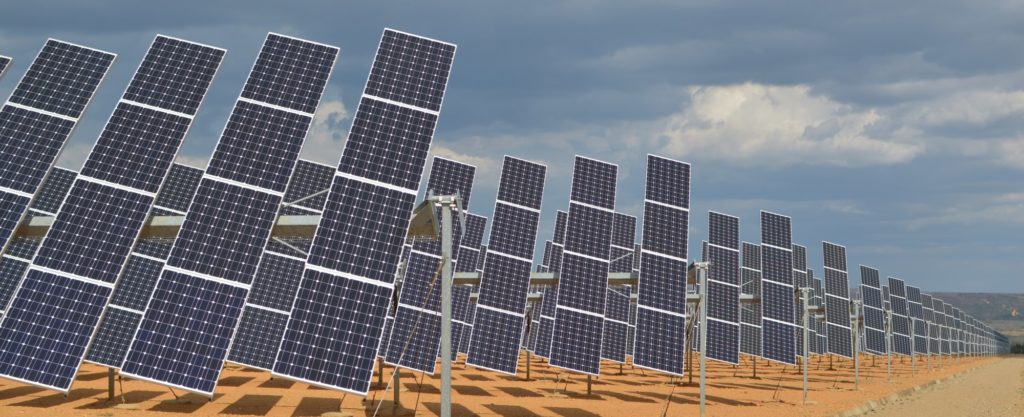
Renewables and efficiency: improved targets are good news, but still not enough
European institutions and member states in the mid-June session agreed on the revision of the Renewable Energy Directive and the Energy Efficiency Directive, the laws which set out the overall policy for the production of energy from renewable sources and the promotion of energy efficiency measures in the 28-bloc.


